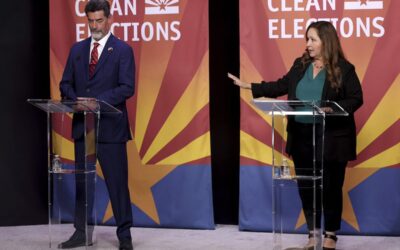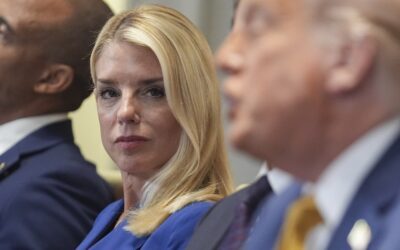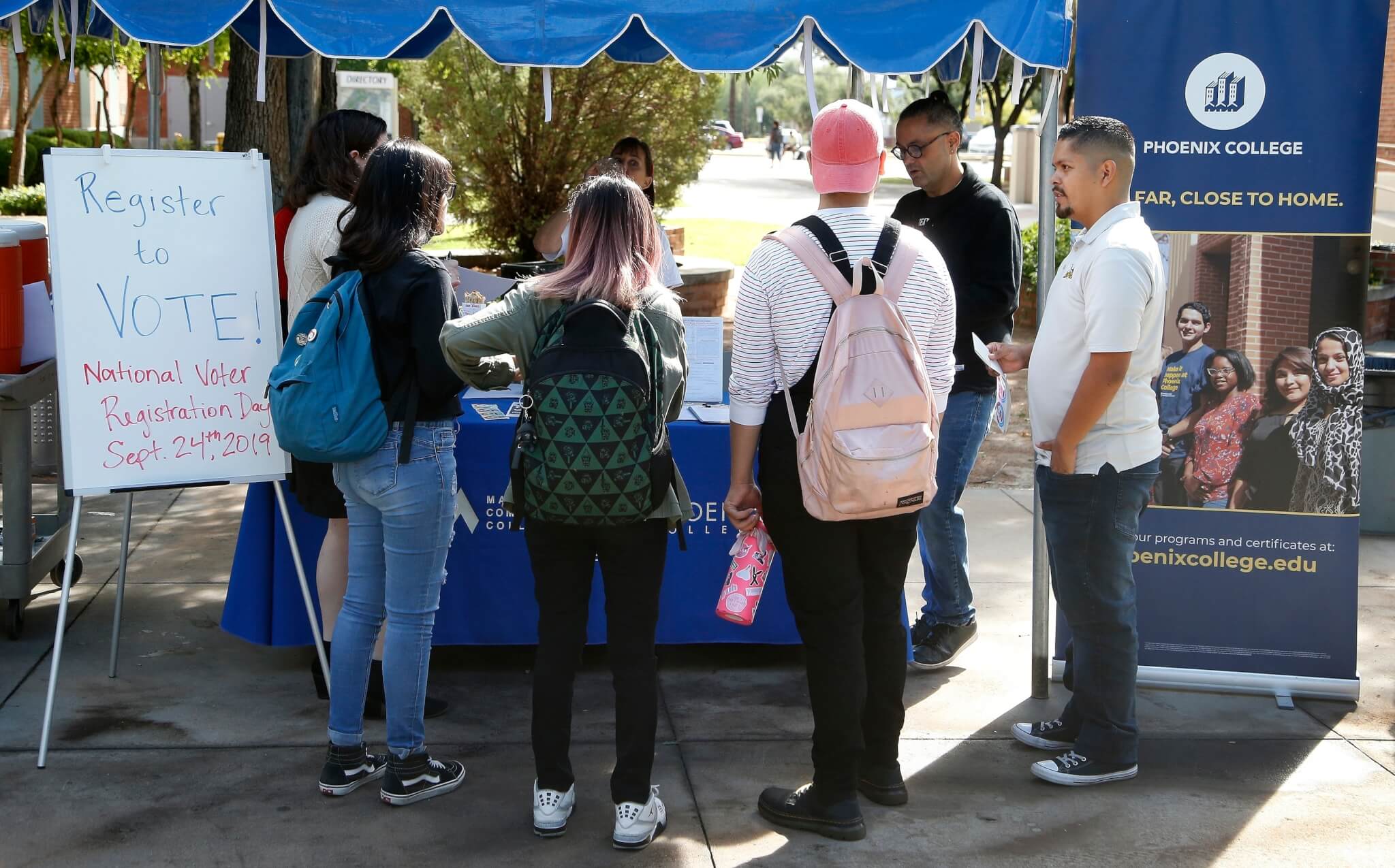
FILE - In this Sept. 24, 2019 file photo students at Phoenix College gather to fill out voter registration forms on National Voter Registration Day on campus, in Phoenix. Immigrant-rights and grassroots organizations that have been mobilizing Latinos in Arizona for nearly two decades helped propel Joe Biden to victory in a traditionally conservative state. (AP Photo/Ross D. Franklin,File)
“Hey everyone, you probably know me by now, but I’m Sara, a senior here. I want everyone in this room to raise your hand if you’ll be 18 by November 5th, 2024.”
It was fall of 2023, and I was running my second voter registration drive at my high school. In the junior and senior classrooms I walked into, most of my peers raised their hands.
“Okay, now keep your hand up if you’re registered to vote.”
That’s when I could really begin. I went on to describe the importance of voting–from election margins of victory as small as 280 votes to the impact of one vote on the issues that my peers care about–and ended with where and when my peers could find me to register. Afterwards, I talked to my classmates one-on-one. I learned the names of the few I didn’t know, and what issues and concerns they had. Every day thereafter, I talked to those who were on the fence about registering.
At the end of my second drive, around 95% of my classmates had registered to vote.
But overall, only 25% of Arizona 18-year-olds are registered to vote. So why does this percentage look so different at my school?
The answer is simple: peer-to-peer voter registration makes young voters want to register.
Students are more comfortable when they register with their classmates.
Generation Z has a reputation for political disengagement. A quick Google search will give you a multitude of articles with titles like “The Rough Years That Turned Gen Z Into America’s Most Disillusioned Voters,” “Gen Z’s Political Paradox” (followed by the assertion, “Zoomers are politically active but electorally absent”), and “Gen Z Voices Lackluster Trust in Major U.S. Institutions.”
My classmates knew me. They trusted me to give them accurate information. They wanted to hear what I had to say. So, when I ran my voter registration drives, a much greater share of my peers started to engage – drawn in by someone they knew and trusted, the vast majority of my classmates registered to vote.
…and with peer-to-peer voter registration, newly registered voters have an easy go-to for questions and concerns.
Voter registration certainly isn’t the end of the civic engagement process, especially not for young people. When the process is new to you, it’s much more likely that you won’t know what to expect or even what your ballot will look like.
However, when newly registered voters have an easy-to-reach peer contact, these problems become much easier to tackle. For instance, shortly after my last voter registration drive, my classmates began to receive letters from the Recorder’s office stating that they were ineligible to register because of their age (in Arizona, voters can preregister as early as age 16, as long as they will be 18 years old at the next general election). My classmates immediately asked me for help, so I was able to confirm the mistake and bring it to the attention of the County Recorder early on, saving my classmates quite a bit of stress and confusion Through my close connections with my peers, I was also able to give them information on which elected officials make decisions about the issues that matter to them.
So how do we move forward with a peer-to-peer system?
I piloted Civic Engagement Beyond Voting – Youth’s (CEBV-Y) peer-to-peer voter registration program last spring. Now, CEBV-Y and The Civics Center are partnering to run their third round of statewide voter registration drives. They give students all the resources that they need to run voter registration drives of their own, from in-depth training to both digital and physical toolkits, including signs, posters, candy, and t-shirts.
Any Arizona high school student, regardless of age, can run a registration drive, keeping in mind that the deadline to register for the upcoming general election is October 7, 2024. Interested students (or teachers!) can sign up here.
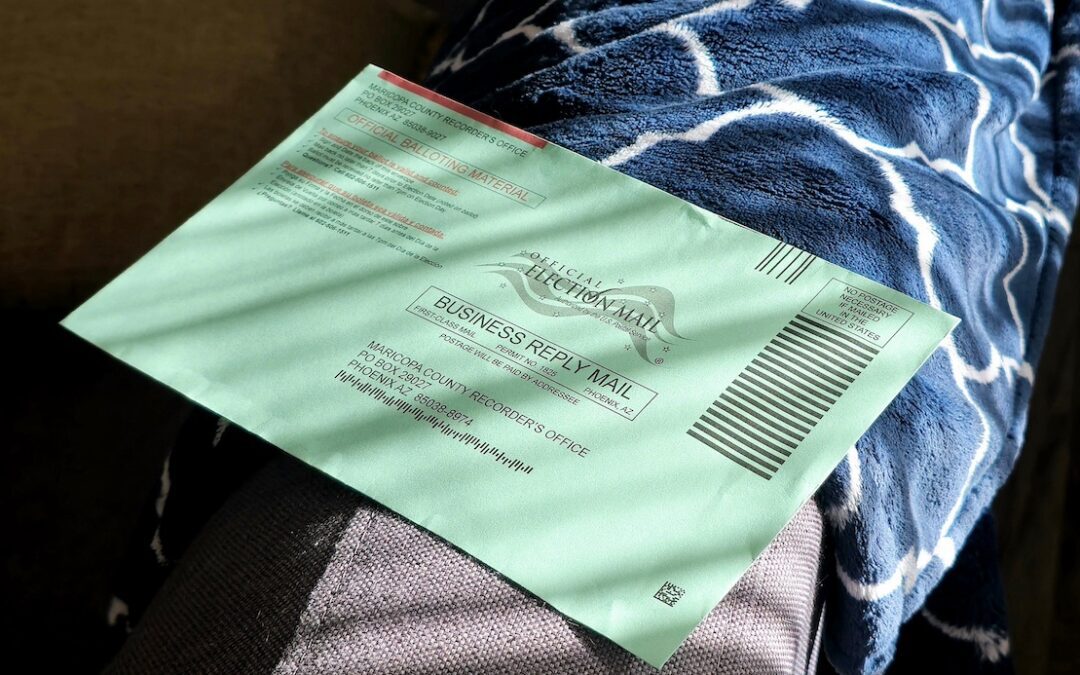
What’s on metro Phoenix ballots this November?
Many metro Phoenix residents will see ballots arriving in the mail soon, before they will be asked to decide funding approvals, a historic recall...

OPINION: Little-known Maricopa County measure could have lasting health care effects
In Legislative District 26 in Maricopa County, we look out for each other. We check in on our elders, we show up for our kids, and we believe that...
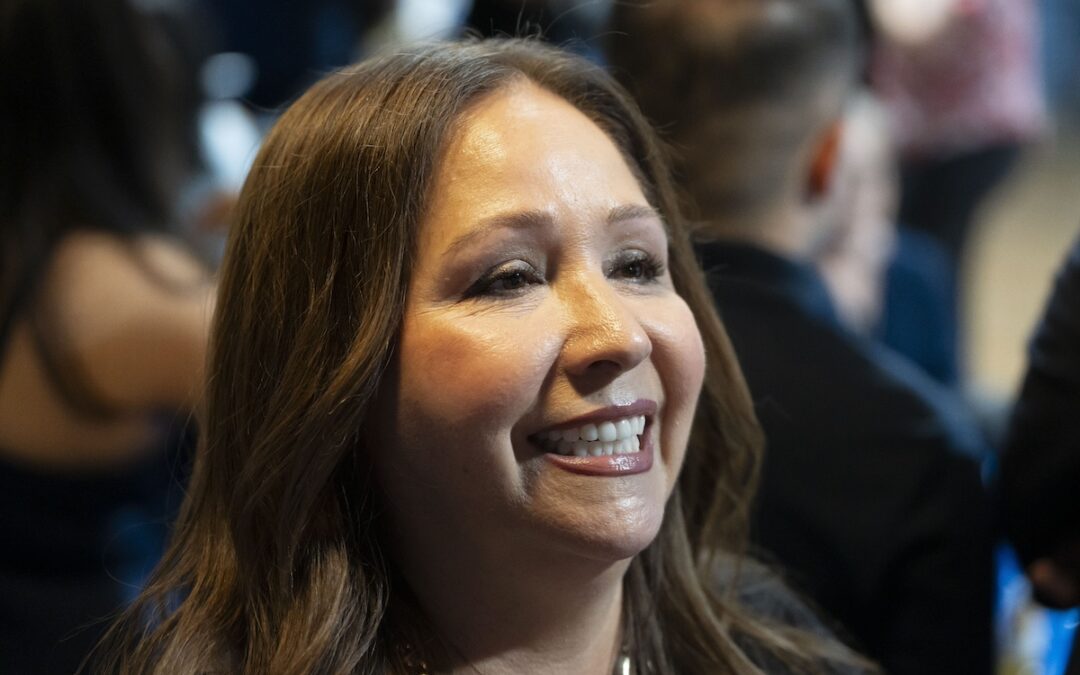
Democrat Adelita Grijalva wins special election for Arizona congressional seat
PHOENIX (AP) — Southern Arizona voters on Tuesday chose Adelita Grijalva to succeed her father, the late U.S. Rep. Raúl Grijalva, a progressive...
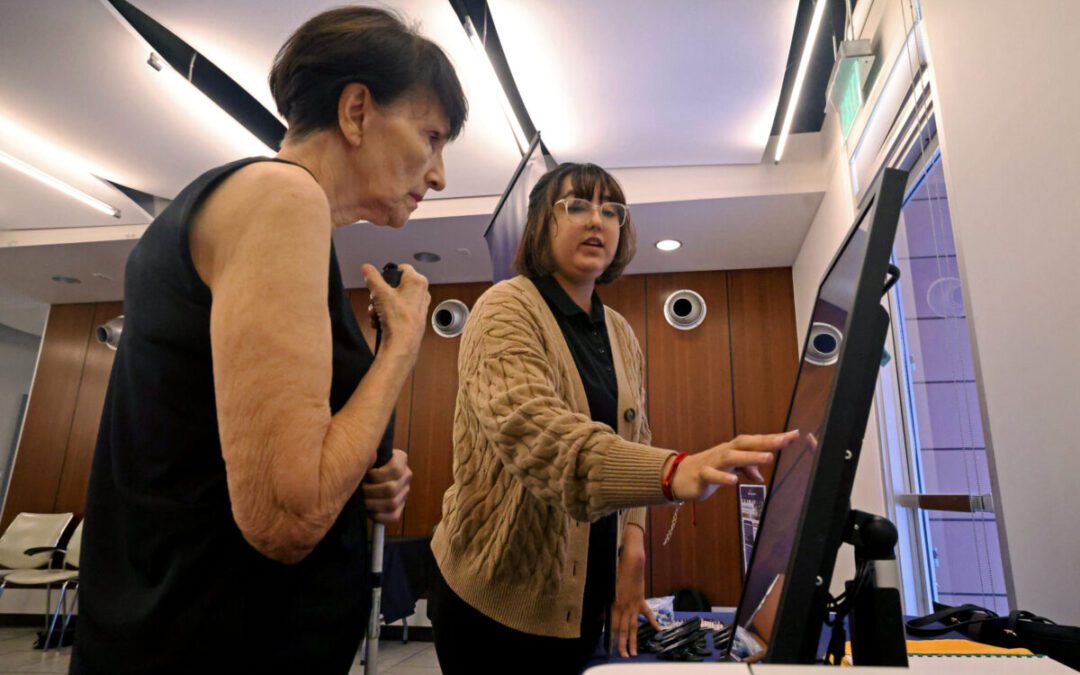
Voters with disabilities welcome Maricopa County accommodations but seek more
PHOENIX – Sami McGinnis walked through a small conference hall and approached an accessible voting machine – a large screen connected to headphones...



